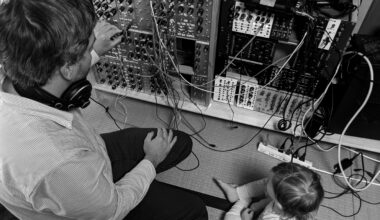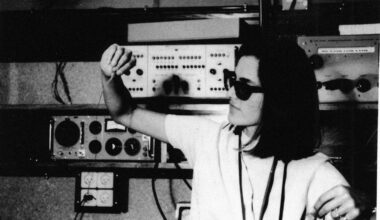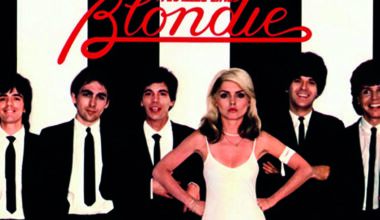Working Men’s Club are ambitious and angry. They swear a lot and they’ve got a song called ‘John Cooper Clarke’. It’s no wonder their debut album is being touted as one of the best records of 2020
Want to read more?
Sign up to Electronic Sound Premium to gain access to every post, video, special offers, and more. 100%, all you can eat, no commitment, cancel any time.
Already a premium member? Log in here






